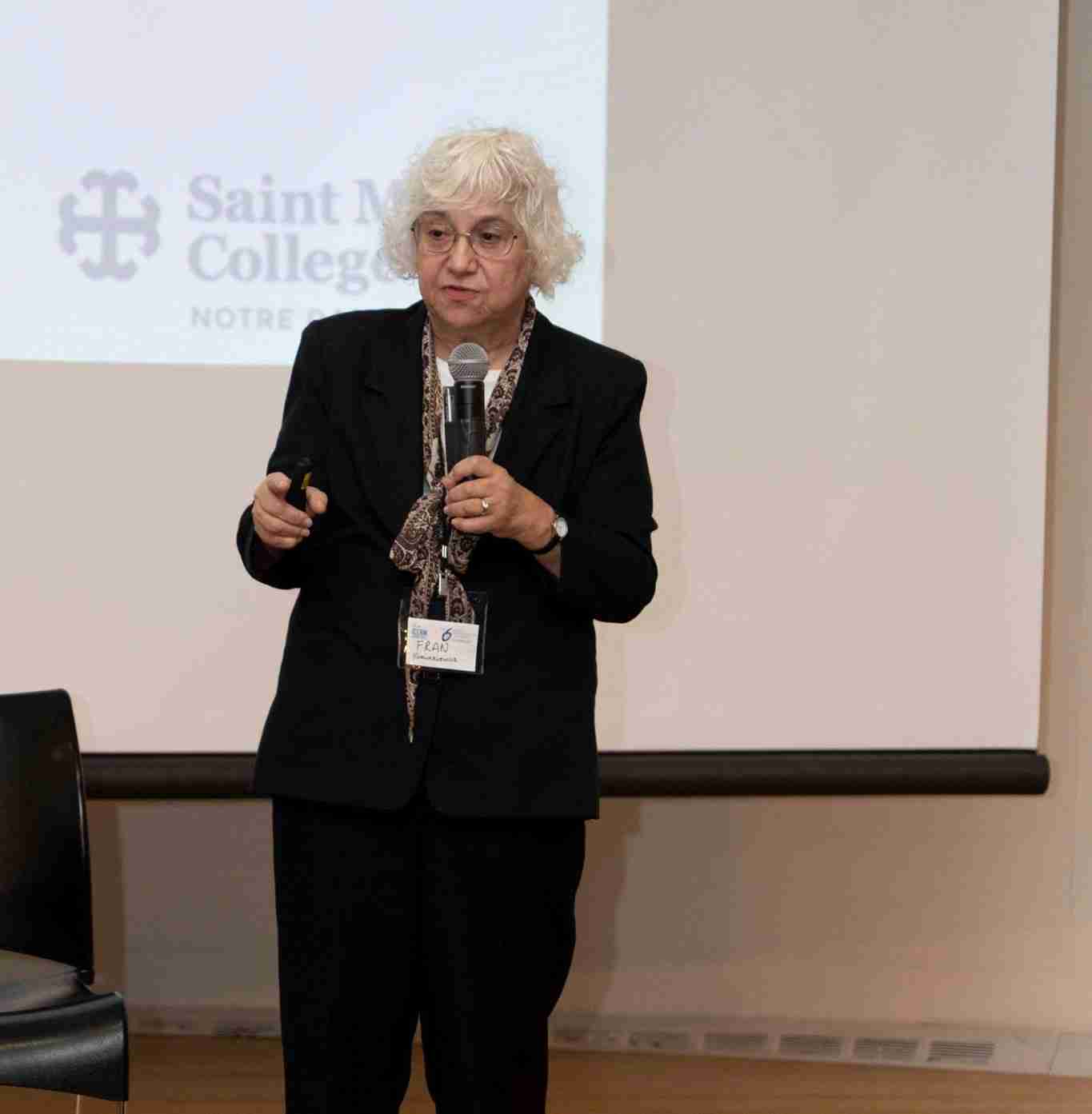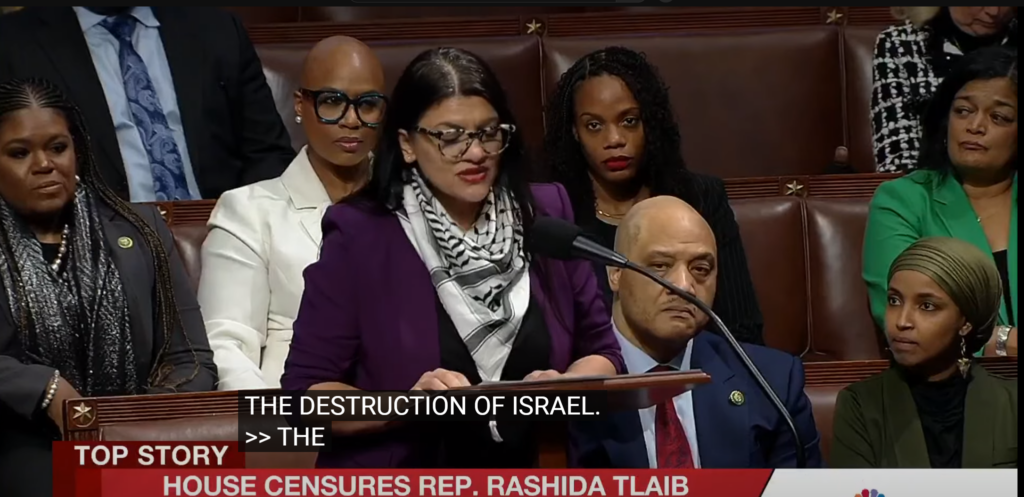2019 International Conference on Ethnic and Religious Conflict Resolution and Peacebuilding

Conference Synopsis
Researchers, analysts, and policy makers have been trying to find out whether there is a correlation between violent conflict and economic growth. A new study shows evidence of global economic impact of violence and conflict and provides an empirical basis for understanding the economic benefits resulting from improvements in peace (Institute for Economics and Peace, 2018). Other research findings suggest that religious freedom is linked to economic growth (Grim, Clark & Snyder, 2014).
Although these research findings have initiated a conversation about the relationship between conflict, peace and global economy, there is an urgent need for a study aimed at understanding the relationship between ethno-religious conflict and economic growth in different countries and at the global level.
The United Nations, member states and the business community are hoping to achieve peace and prosperity for all peoples and the planet through the attainment of the Sustainable Development Goals (SDGs) by the year 2030. Understanding the ways in which ethno-religious conflict or violence is related to economic development in different countries around the world will help to equip government and business leaders to act effectively and efficiently.
In addition, ethno-religious conflict or violence is a historical phenomenon that has the most devastating and horrific impact on humans and the environment. The devastation and loss caused by ethno-religious conflict or violence are currently being experienced in different parts of the world. The International Center for Ethno-Religious Mediation believes that knowing the economic cost of ethno-religious conflict or violence and the ways in which ethno-religious conflict is related to economic growth will help policy makers and other stakeholders, especially the business community, design proactive solutions to address the problem.
The 6th Annual International Conference on Ethnic and Religious Conflict Resolution and Peacebuilding therefore intends to provide a pluri-disciplinary platform to explore whether there is a correlation between ethno-religious conflict or violence and economic growth as well as the direction of the correlation.
University scholars, researchers, policy makers, think tanks, and the business community are invited to submit abstracts and / or full papers of their quantitative, qualitative, or mixed methods research that directly or indirectly address any of the following questions:
- Is there a correlation between ethno-religious conflict and economic growth?
- If yes, then:
A) Does an increase in ethno-religious conflict or violence result in a decrease in economic growth?
B) Does an increase in ethno-religious conflict or violence result in an increase in economic growth?
C) Does a decrease in ethno-religious conflict or violence result in a decrease in economic growth?
D) Does an increase in economic growth result in a decrease in ethno-religious conflict or violence?
E) Does an increase in economic growth result in an increase in ethno-religious conflict or violence?
F) Does a decrease in economic growth result in a decrease in ethno-religious conflict or violence?
Activities and Structure
- Presentations – Keynote speeches, distinguished speeches (insights from the experts), and panel discussions – by invited speakers and authors of accepted papers. The conference program and schedule of presentations will be published here on or before October 1, 2019.
- Theatrical Presentations – Performances of cultural and ethnic musicals /concert, plays, and choreographic presentation.
- Poetry – poem recitations.
- Exhibition of Works of Arts – Artistic works that portray the idea of ethno-religious conflict and economic growth in different societies and countries, including the following types of arts: fine art (drawing, painting, sculpture and printmaking), visual art, performances, crafts, and fashion show.
- One God Day – A Day to “Pray for Peace”– a multi-faith, multi-ethnic, and multi-national prayer for global peace developed by ICERM to help bridge tribal, ethnic, racial, religious, sectarian, cultural, ideological and philosophical divide, and to help promote a culture of peace around the world. The “One God Day” event will conclude the 6th annual international conference and shall be co-officiated by faith leaders, indigenous leaders, traditional rulers and priests present at the conference.
- ICERM Honorary Award – As a regular course of practice, ICERM presents honorary award every year to nominated and selected individuals and organizations in recognition for their extraordinary achievements in any areas related to the mission of the organization and the theme of the annual conference.
Anticipated Outcomes and Benchmarks for Success
Outcomes/Impact:
- In-depth understanding of the relationship between ethno-religious conflict and economic growth both at the national and global levels.
- Deeper understanding of the ways in which ethno-religious conflict or violence is related to economic development in different countries around the world.
- Statistical knowledge of the economic cost of ethno-religious conflict or violence nationally and globally.
- Statistical knowledge of the peace benefits of economic development in ethnically and religiously divided countries.
- Tools to help government and business leaders as well as other stakeholders to effectively and efficiently address ethno-religious conflict and violence.
- Inauguration of Peace Council.
- Publication of the conference proceedings in the Journal of Living Together to provide resources and support to the work of researchers, policymakers and conflict resolution practitioners.
- Digital video documentation of selected aspects of the conference for future production of a documentary.
We will measure attitude changes and increased knowledge via pre and post session tests and conference evaluations. We will measure process objectives through collection of data re: nos. participating; groups represented – number and type -, completion of post-conference activities and by achieving the benchmarks below leading to success.
Benchmarks:
- Confirm presenters
- Register 400 persons
- Confirm funders & sponsors
- Hold conference
- Publish findings
- Implement and monitor conference outcomes
Time-Frame for Activities
- Planning starts after the 5th Annual Conference by November 18, 2018.
- 2019 Conference Committee appointed by December 18, 2018.
- Committee convenes meetings monthly from January 2019.
- Call for Papers released by December 18, 2018.
- Program & activities developed by February 18, 2019.
- Promotion & Marketing starts by November 18, 2018.
- Abstract Submission Deadline is Saturday, August 31, 2019.
- Selected abstracts for presentation notified on or before Saturday, August 31, 2019.
- Presenter registration and attendance confirmation by Saturday, August 31, 2019.
- Full paper and PowerPoint submission deadline: Wednesday, September 18, 2019.
- Pre-conference registration closed by Tuesday, October 1, 2019.
- Hold 2019 Conference: “Ethno-Religious Conflict And Economic Development: Is There A Correlation?” Tuesday, October 29 – Thursday, October 31, 2019.
- Edit conference videos and release them by December 18, 2019.
- Conference Proceedings edited and Post-Conference Publication – Special Issue of the Journal of Living Together – published by June 18, 2020.
Planning Committee and Partners
We had a very successful lunch meeting on August 8th with our conference planning committee members and partners: Arthur Lerman, Ph.D., (Emeritus Professor of Political Science, History and Conflict Management, Mercy College), Dorothy Balancio. Ph.D. (Program Director, Sociology and Co-Director of Mercy College Mediation Program), Lisa Mills-Campbell (Mercy’s Director of Community Programs and Events), Sheila Gersh (Director, Center for Global Engagement), and Basil Ugorji, Ph.D. scholar (and ICERM President and CEO).
Download Conference Program

Conference Participants
This and many other photos were taken on October 30 and 31, 2019 at the 6th Annual International Conference on Ethnic and Religious Conflict Resolution and Peacebuilding co-hosted with Mercy College, New York. Theme: “Ethno-Religious Conflict And Economic Growth: Is There A Correlation?”
Among the Participants were conflict resolution experts, researchers, scholars, students, practitioners, policy makers, delegates representing the councils of traditional rulers / indigenous leaders, and religious leaders from many countries around the world.
We are grateful to our sponsors, especially Mercy College, for supporting this year’s conference.
Participants who want to download copies of their photos should visit our Facebook albums and click on 2019 Annual International Conference – Day One Photos and Day Two Photos.



